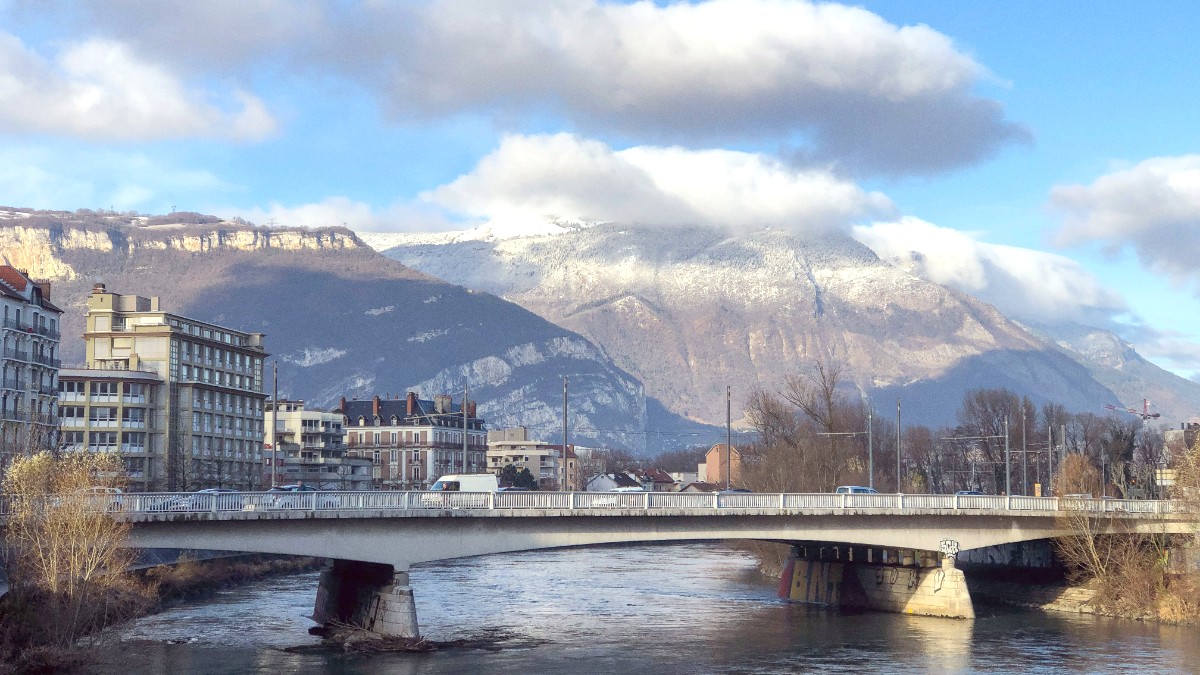
The French Alps, France
Summer (June-August): Pack lightweight, breathable clothing like cotton and linen. Include shorts, t-shirts, and light dresses. Evenings are cooler, especially at higher elevations, so a Light jacket or a sweater is good.
Winter (November-March): Focus on warm, insulating layers. Thermal base layers, fleece, and a Down jacket or a Warm waterproof jacket are good. A waterproof outer shell helps protect against snow and rain.
Waterproof walking shoes or ankle boots for wet conditions. Waterproof, insulated boots with good grip for winter snow/wet pavements.
Keep these items secure and ready.
France uses Type E and F plugs (two round pins). Voltage is 230V at 50Hz. A Universal travel adapter is good. Check device voltage compatibility.
A versatile Travel camera, like mirrorless or compact DSLR, is good. Extra batteries and memory cards are good. For mountain shots, a Wide-angle lens is good. B&H Photo is a resource.
Use cloud storage services like Google Drive or Dropbox for photos and copies of important documents.
Download maps and essential documents for offline access. This means information is there if your phone is unavailable.
Set strong passwords/biometrics on devices. Backing up data happens if physical devices are lost.
Prepare a personal health and wellness kit for minor issues during your trip. A basic Travel first aid kit is good.
Pack small quantities of over-the-counter medications for common issues like headaches or allergies. This saves you the trouble of finding a pharmacy.
Beyond clothing and Hiking boots, consider Hiking poles for stability. A Small daypack, Reusable water bottle, trail snacks, and a map/GPS are good.
You will need skis or a snowboard, boots, a helmet, goggles, and specific ski clothing. Most ski gear is for rent at resorts.
A helmet is mandatory for children under 12 and recommended for all cyclists. Bring appropriate cycling clothing.
These items contribute to your comfort and security during travel.
Pack travel-size toiletries. Some specific brands or types of products might be hard to find locally.
Reduce plastic waste, stay hydrated.
Useful for markets and groceries.
Good for picnics and take-away meals.
Eco-friendly power for small devices.
Roll clothes to save space and reduce wrinkles. Use packing cubes for better organization.
Pack a small bag for dirty laundry to keep it separate from clean items.